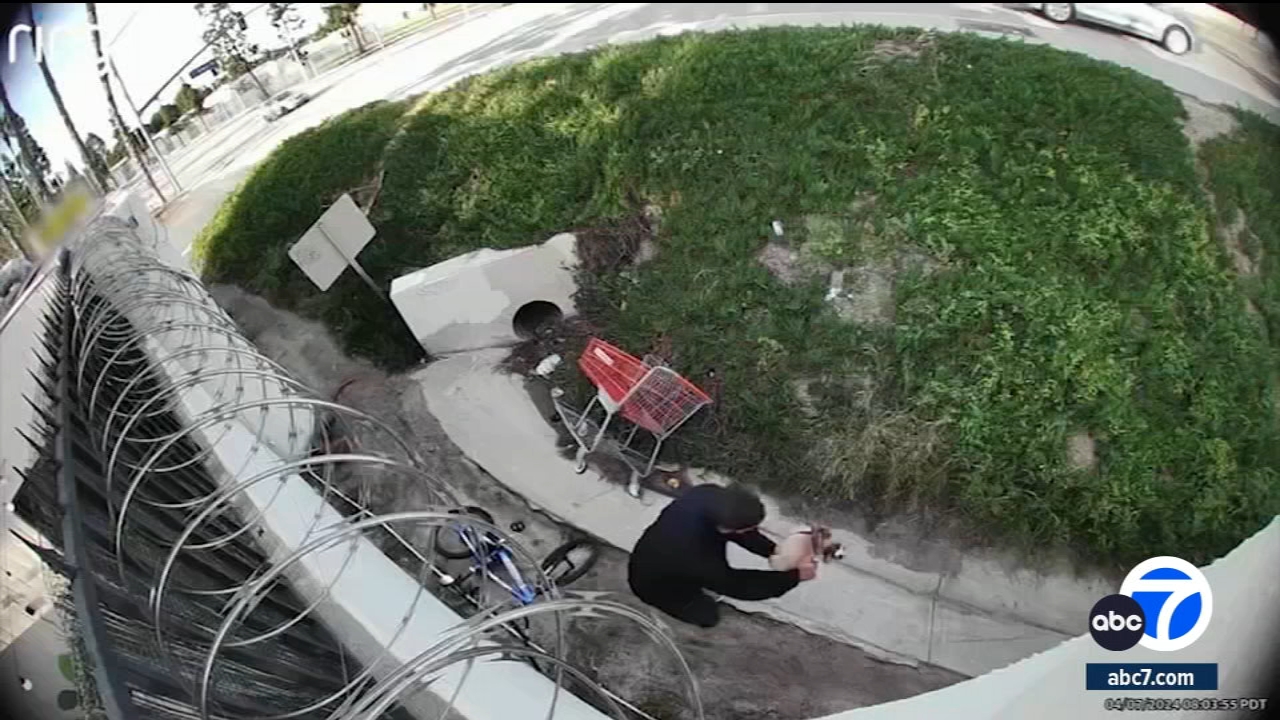Former DAs defend ex-Sheriff Lee Baca's character in court

LOS ANGELES (KABC) -- Former Los Angeles County Sheriff Lee Baca watched a parade of prosecution witnesses - 20 in all - testify against him for seven days.
On Friday, it was Baca's turn. The defense case was lightning fast - eight witnesses in a little more than one day. The witnesses included two former district attorneys, a retired Los Angeles County Sheriff's Department commander and the father of a murdered LASD deputy.
Baca has pleaded not guilty to charges of conspiracy and obstruction of justice. If convicted, the 74-year old faces up to 15 years in federal prison.
Lead Baca defense attorney Nathan Hochman said in court Friday that his client will not take the stand in his own defense. Baca, however, has the right to change his mind up until the point the defense rests its case Monday morning.
"The evidence that is now before the jury is such that we believe it will not prove the government's case," Hochman told Eyewitness News outside court.
Five of the eight defense witnesses were character witnesses, meaning they could only respond to narrowly worded questions about how they knew Baca, and their opinion about his reputation and character in obeying the law.
John March, whose son LASD Deputy David March was killed in the line of duty in 2002, described how the sheriff comforted his family after the murder. Baca later hired John March to head the Sheriff's Youth Foundation. March told jurors that "in 14 years, I've never seen him compromise in following the law."
"Almost 50 years of service, and I don't think any one of us could withstand the scrutiny he's being put under," March told Eyewitness News outside court.
Ira Reiner, a former Los Angeles County district attorney, told jurors that Baca's reputation for following the law was "excellent." On cross-examination, Reiner told the jury that, yes - he knew that FBI agents could investigate local law enforcement agencies and that undercover operations are not illegal.
Steve Cooley, also a former Los Angeles County district attorney, testified that Baca's reputation was "that he's law-abiding." Cross-examined by prosecutor Brandon Fox, Cooley told jurors that Baca never came to him for legal advice in 2011 about whether the FBI's sting operation inside Men's Central Jail was legal.
"You're not here to tell the jury if Lee Baca broke the law in this case?" Fox asked Cooley.
"Correct," Cooley responded.
Fox went on to ask Cooley: You would not have advised Baca that it was OK to have two LASD sergeants approach FBI Agent Leah Marx?
"Correct," said Cooley.
"I wish things had been handled a lot differently... by a lot of people," Cooley told Eyewitness News after his testimony.
The character witnesses could not testify to Baca's alleged obstruction. Did Baca issue orders to hide an inmate exposed in the summer of 2011 as an FBI informant? Did Baca's orders lead two LASD sergeants to threaten an FBI agent with arrest?
Attorney Mike Gennaco headed the Office of Independent Review, established by Baca in 2001. One of OIR's key functions was to act as a watchdog against jail abuse - the very brutality the FBI was targeting in their investigation.
Gennaco testified that the LASD did not always follow his advice. Still, Gennaco described meetings he arranged between the sheriff and groups, including the ACLU, that were concerned about inmate treatment in the jails.
In one instance, Gennaco says, Baca asked Assistant Sheriff Cecil Rhambo to take a second look at an allegation of deputy-on-inmate abuse brought to their attention by clergy staff inside the jails.
"I was surprised," Gennaco testified upon learning the FBI had arranged for a contraband cellphone to be smuggled into Men's Central Jail as part of their undercover operation targeting deputy corruption.
At some point, Gennaco testified that he learned the LASD had launched its own criminal investigation of the FBI. Gennaco says Baca never discussed that part of the investigation with him.
Questioned by prosecutor Eddie Jaregui, Gennaco said he differed with Baca on a key issue. Did Gennaco think the FBI undercover operation was lawful?
"I had no reason to think otherwise," Gennaco responded.
Paul "Petey" Pietrantoni, a retired LASD commander, took the witness stand Friday to tell jurors that Baca asked him in 2009 to train jail deputies in force-reduction techniques.
Instead of slamming an inmate against a wall - or using batons and heavy flashlights against inmates - Pietrantoni says he taught deputies to use methods based on wrestling moves. The techniques reduced striking by focusing on controlling the inmates with specific, planned moves.
On cross-examination, Pietrantoni acknowledged that he could not control whether jail deputies actually used his force reduction techniques. His training sessions, prosecutors pointed out, were limited to four days a year over a two-year period.
Closing arguments are expected to begin Monday morning.
Got a tip? Email ABC7 investigative producer Lisa.Bartley@abc.com




